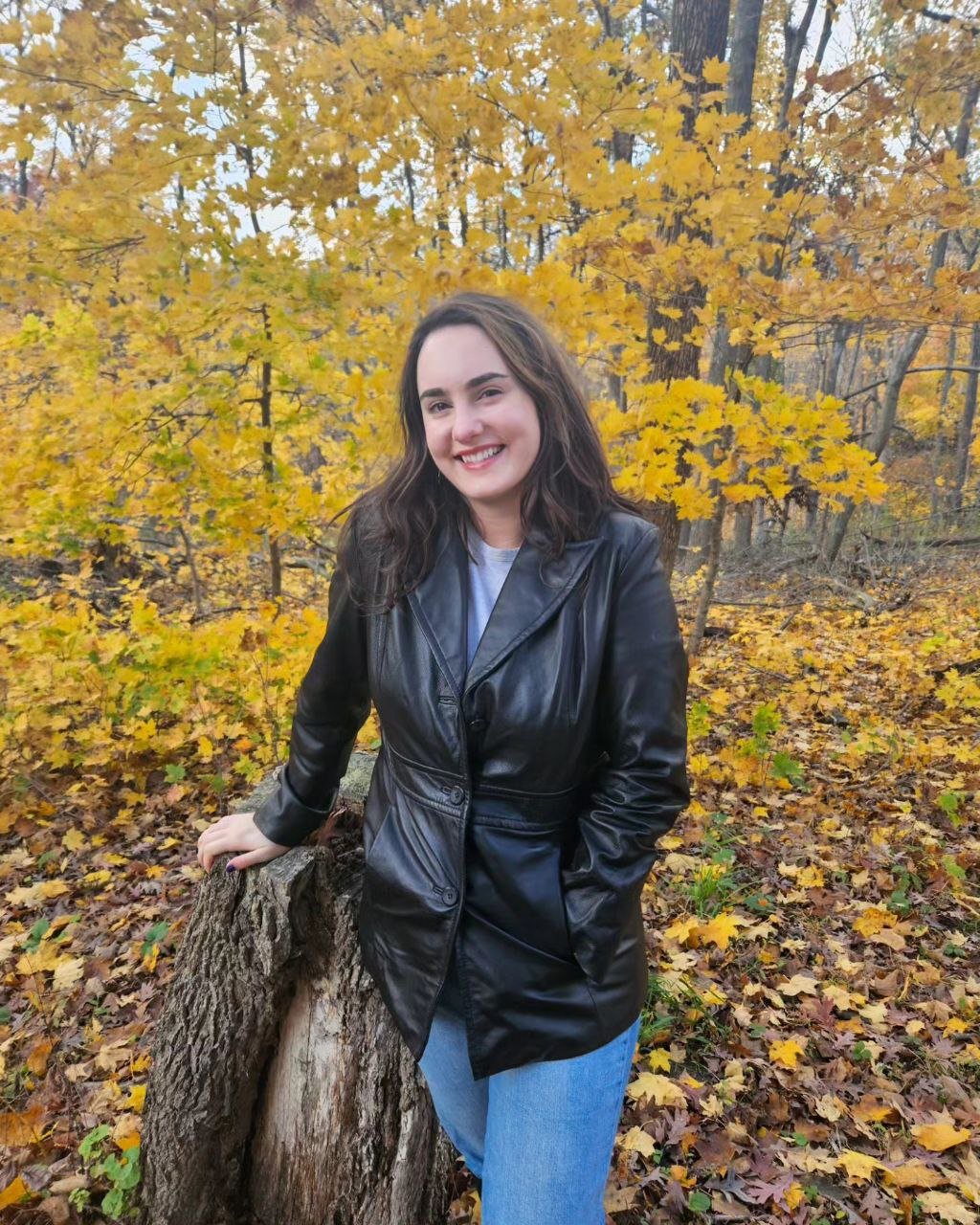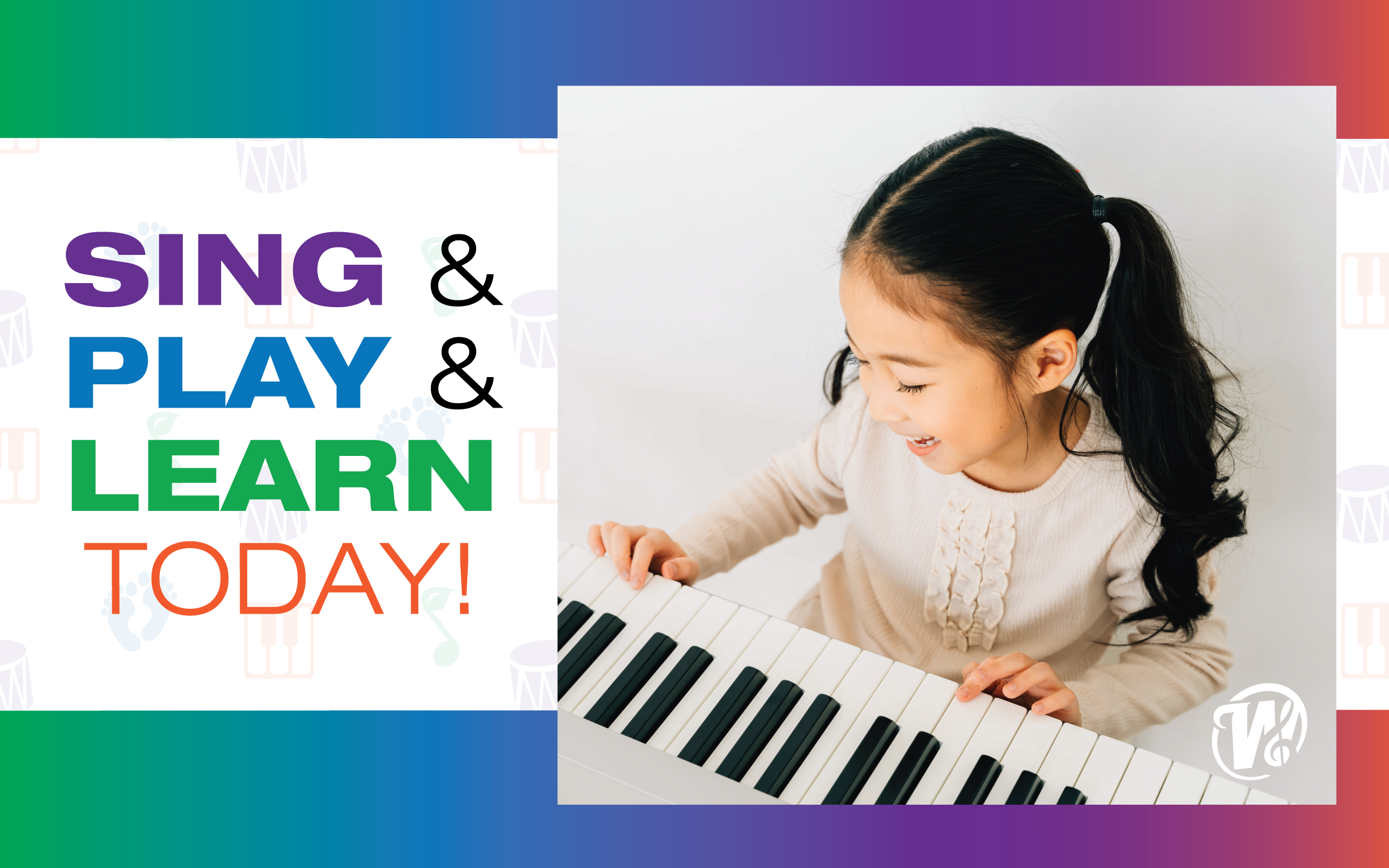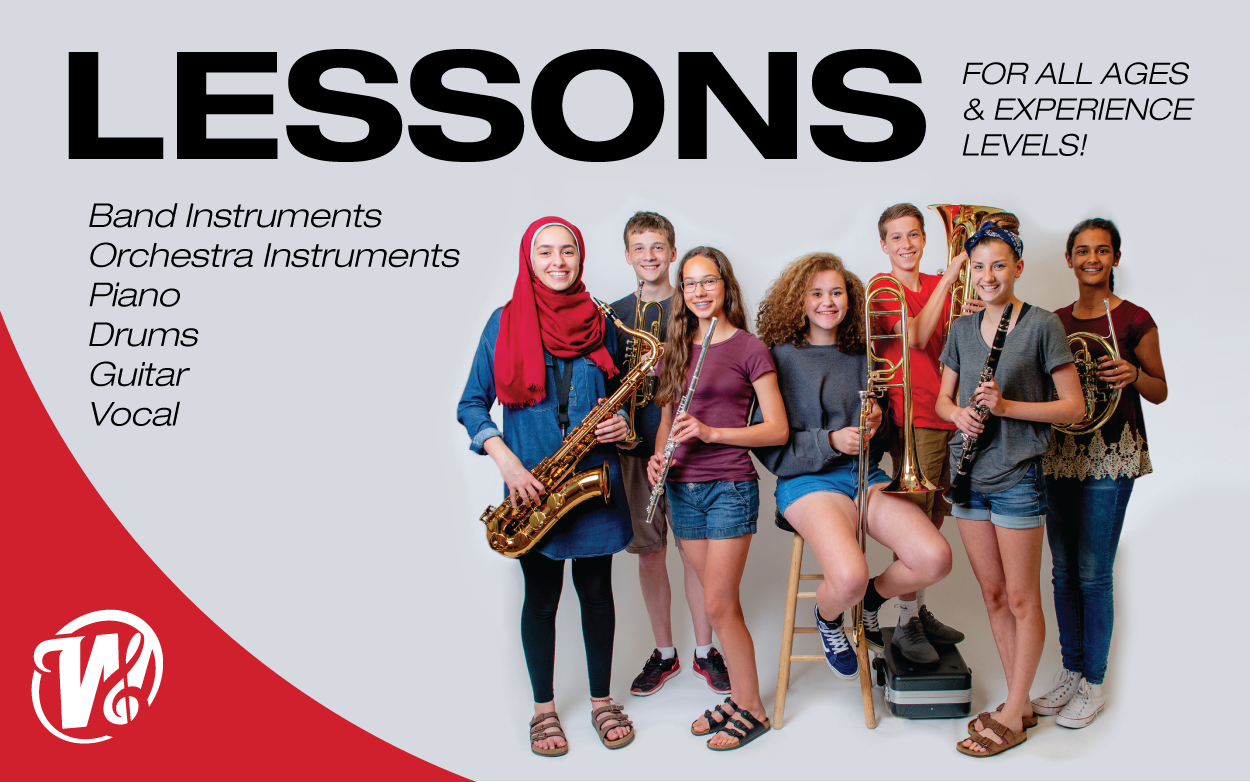With over two decades of experience playing drums and percussion in Eastern Iowa, Forrest is a true musical prodigy. He is not only a talented musician but also a lifelong learner, having earned two associates degrees, a B.A. in music, an MBA, and two graduate certificates. Forrest's musical journey has taken him to new heights as he plays, tours, and composes with five different bands, including the renowned Uniphonics and Diplomats of Solid Sound. The Uniphonics have even collaborated with Grammy Award-winning jazz trombonist Robin Eubanks, releasing several original compositions that have garnered widespread acclaim. In addition to his impressive performance credentials, Forrest is also a sought-after teacher, offering lessons in various percussion styles, songwriting, and even audio production. With a decade of teaching experience at West Music, Forrest's passion for music and dedication to his students shine through in every lesson.
Background and Experience:
Q: What inspired you to become a music teacher?
A: My Mother sang in church choir and my Father played blues guitar, so music has always been part of my life. At some point in elementary school it started becoming an obsession, and by the time high school came around, I was playing in bands, composing, and teaching lessons. When I was 18 I received a full ride music scholarship, and graduated with an associate's degree from Kirkwood Community College and a bachelor's degree in music from the University of Iowa. I learned pretty quickly that if you want to make a decent living as a musician around here, you have to do more than compose and perform. I got a day job teaching percussion lessons at West Music and a night job working in local music venues. The music industry can be treacherous and I’ve questioned my path frequently, but I have way too much fun teaching and playing to change careers.
Teaching Philosophy:
Q: How do you tailor your teaching methods to different age groups and skill levels?
A: The youngest student I’ve had was 3 and the oldest was 85. Over the last 20 years, I’ve taught beginners, professionals, and everything in between. In general, if the student is an adult and an experienced player on any instrument, I can show them everything they need to know in about 30 minutes. After the first lesson, I know where the student is at and how I can help them, and then I customize subsequent lessons. Many of my students fall into the K-12 age range and are either playing in school band, or are interested in joining band. For these students, I usually take a ground up approach which includes snare drum, drum set, and mallet percussion.
Favorite Teaching Moments:
Q: What do you enjoy most about teaching music?
A: 1) In many endeavors, like weight lifting, it might take a month or longer to achieve noticeable results. In music, I see results in every 30 minute lesson. Helping others achieve measurable results in a reasonable amount of time is energizing.
2) Percussion instruments are visual - the most effective way for a student to learn drumming is to play along with and observe another person who is more experienced. This is perfect for me, because I get to play all day long!
Challenges and Solutions:
Q: What are some common challenges students face when learning an instrument, and how do you help them overcome these challenges?
A: If you can’t play something slow, you probably can’t play it fast. The students’ instinct is usually to play a passage at full speed right away. Learning to accept that you may have to master something slow before you can play it fast is easier said than done, and requires constant reminders.
Practice Tips:
Q: What advice do you give your students to help them practice effectively and stay motivated?
A: You control your body, your body does not control you. If your limbs aren’t doing what you want them to do, slow down and force them to do what you want. Every skill in life that is worth having takes time to acquire. In hindsight, it’ll feel like it happened in the blink of an eye, but in reality it took a consistent, focused effort.
Incorporating Creativity:
Q: How do you encourage creativity and musical expression in your students?
A: The world of percussion encompasses a lot of different instruments so fostering creativity and expression varies a bit, but in general, I like to spend at least a few minutes every lesson improvising with my students. We come up with rules for improvising and see what happens.
Technology in Music Education:
Q: What are some useful apps or tools for music students?
A: A metronome app is the most important tool. A simple digital audio workstation, like GarageBand, is also useful. With younger students who aren’t yet in school band, I like to input recently mastered drum beats, scales, arpeggios, or chords into GarageBand and make compositions out of what the student just learned. This demonstrates that what I’m teaching is useful and applicable.
The Importance of Music Education:
Q: Why do you believe music education is important, especially for children?
A:
Music education teaches hand eye coordination, focus, listening skills, and perseverance. It reinforces basic math skills and other analytical skills. Mastering music requires patience with oneself and gradual work over an extended period of time. This approach can be applied to learning just about anything, and students who realize this at an early age have an advantage.



